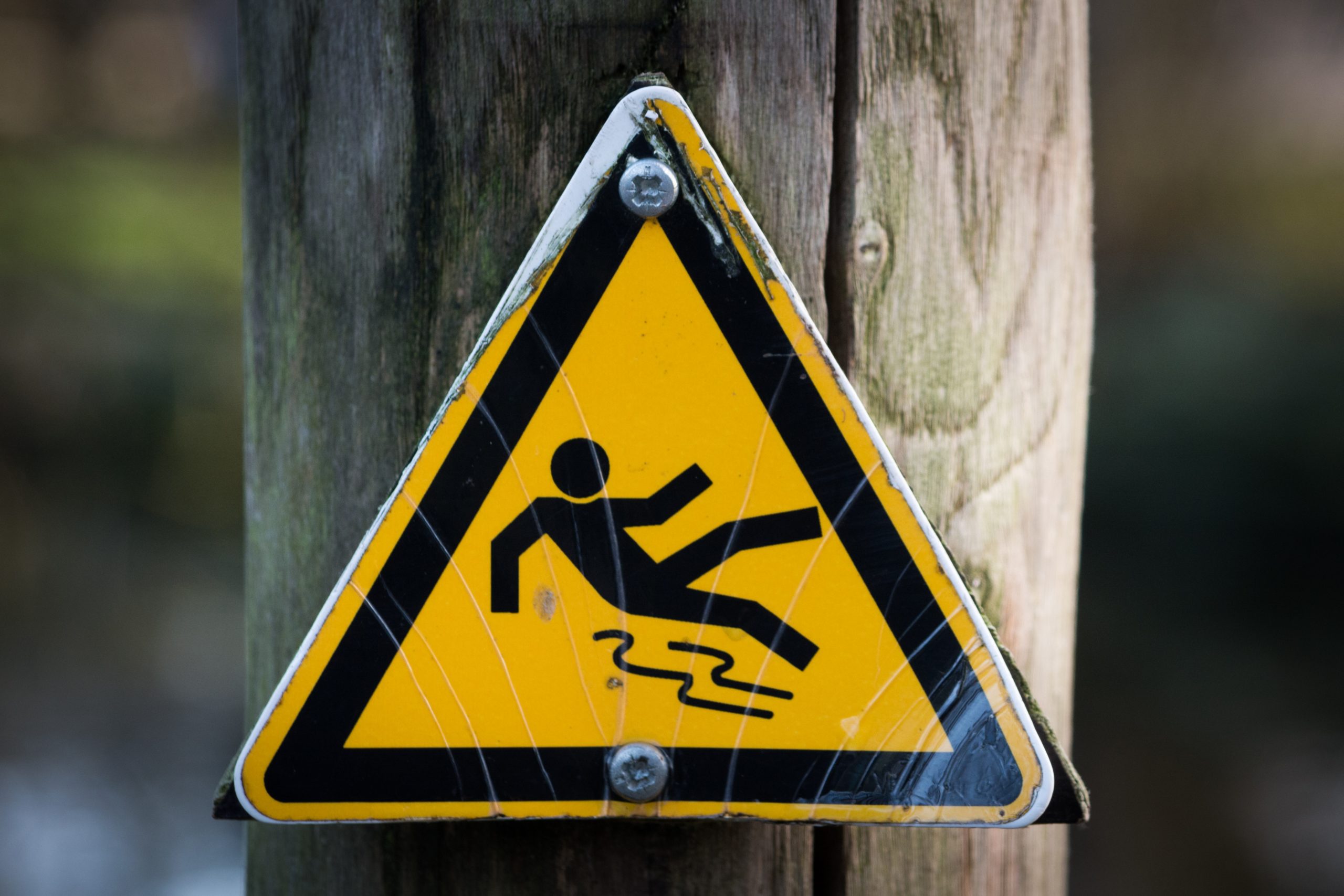Any time someone explicitly or implicitly invites another person onto their land, they take on a duty of care that requires them to make sure the visitor is safe. A failure to meet this duty that directly leads to someone getting hurt could result in civil liability for a landowner for ensuing damages.
Claims for individuals hurt on someone’s property work somewhat differently than other personal injury litigation, and a knowledgeable Miramar premises liability lawyer can help you achieve a successful case outcome. Whether you heal from your injuries over time or suffer permanent damage, a dedicated personal injury attorney’s assistance could prove essential to protecting your rights.
When are Miramar landowners responsible for injuries?
The specific duty that a landowner owes to a lawful visitor varies depending on whether that visitor is considered a “licensee” or an “invitee.” A Miramar attorney could help someone determine which type of visitor they were at the time of the property accident.
Invitees
This group consists of people who visit land for the owner’s benefit or convenience. These people could be customers at retails store or contractors at a private residence. Property owners must regularly inspect their land for hazards in the interest of protecting invitees, meaning they may bear liability for injuries caused by dangers they knew or reasonably should have known about. Landowners hold the highest duty of care to invitees.
Licensees
This group refers to visitors who are on land for their own purposes, and can be broken down into two groups: invited licensees and uninvited licensees. Invited licensees include people like guests at a party. Owners and managers of property must notify invited licensees of any known dangers and fix those hazards within a reasonable period of time. Landowners are generally not responsible for injuries to licensees caused by dangers they were not previously aware of so long as they exercised reasonable care and otherwise should not have known of the danger. Uninvited licensees are individuals who come onto a property for their own purposes, like a door-to-door salesperson. Here, property owners are required to refrain from willful or wanton injury, which would include removing concealed dangers or “traps” on a property. Property owners hold the second highest duty of care to licensees.
Attractive nuisance doctrine
The final category of people in premises liability claims are trespassers, who are defined as people who do not have permission to be on a property but enter anyway. Landowners generally do not owe any duty of care to other than an obligation to avoid intentionally harming them. However, there is an important exception to this rule that applies if a minor trespasses.
This exception is called the “attractive nuisance doctrine” and states that if someone has unsecured items on their property that could seem “attractive” or fun to a child, they could be held liable for injuries a minor suffers. Examples of the attractive nuisance doctrine could include construction equipment or swimming pools.
Recoverable damages in property liability claims
A successful premises accident claim may allow recovery for economic and non-economic damages, including those that are likely to occur in the future. While specific damages vary from case to case, a seasoned premises liability attorney in Miramar could help retrieve the following types of compensation:
- Past and future medical expenses
- Lost wages and lost future earning capacity
- Damage to personal items
- Lost enjoyment of life
- Physical and emotional pain
- Lost consortium with a spouse
Importantly, Florida Statutes § 768.81 allows civil courts to proportionately reduce the value of damage awards based on the percentage of blame they assign plaintiffs for their own losses. For example, if someone were filing for $100,000 in damages and they were found 20 percent at fault, their total amount would be reduced to $80,000.
In addition, Fla. Stat. § 95.11 sets a filing deadline of four years after an accident initially occurs that applies to almost all prospective plaintiffs. If someone does not file within the applicable deadline, they will be barred from receiving any compensation.
Discuss legal options with a Miramar premises liability attorney today
Filing suit over an injury sustained on someone else’s property can be trickier than it might seem at first glance. A property owner may not owe you the same duty of care they owe to another person, and any accusations of comparative fault they levy against you could significantly reduce available compensation.
To give yourself the best chances of a positive case resolution, you should seek help from a dedicated Miramar premises liability lawyer. Call today to schedule a free meeting and case evaluation.

